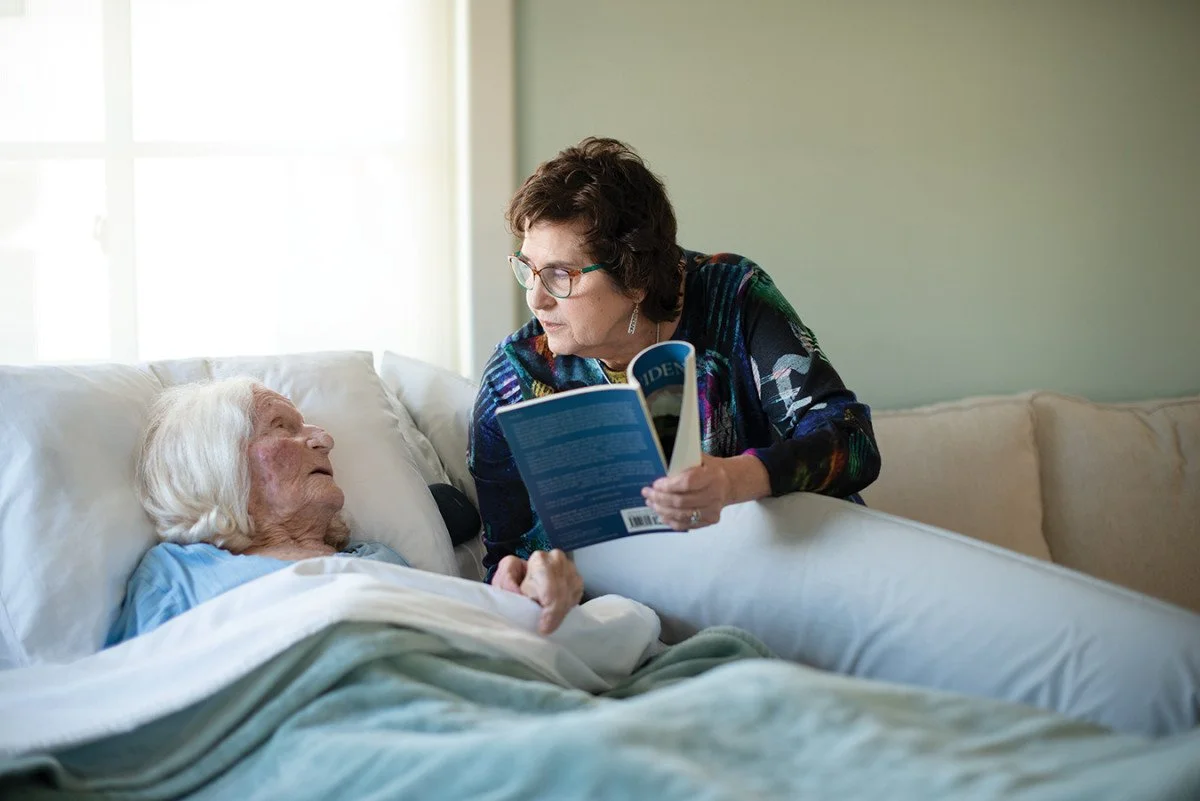
A death doula, also known as an end-of-life doula or a death midwife, is a trained professional who provides emotional, spiritual, and practical support to individuals and their families during the dying process and in the period leading up to death. The role of a death doula is to offer comfort, guidance, and companionship, helping people navigate the physical, emotional, and spiritual aspects of death.
Here are some key aspects of the role of a death doula:
Emotional Support:
Listening and Presence: Death doulas provide a compassionate and non-judgmental presence, actively listening to the concerns, fears, and feelings of the dying person and their loved ones.
Facilitating Conversations: They may assist in facilitating important conversations about death, helping individuals express their wishes and fears, and promoting open communication within families.
Practical Guidance:
Advance Care Planning: Death doulas may help individuals navigate advance care planning, assisting in the creation of advance directives, living wills, and other documents that outline preferences for end-of-life care.
End-of-Life Choices: They can provide information and support regarding various end-of-life choices, including home death, hospice care, and palliative care.
Spiritual and Existential Support:
Exploration of Beliefs: Death doulas may assist individuals in exploring and expressing their spiritual or existential beliefs, providing a supportive space for discussions about the meaning of life and death.
Rituals and Ceremonies: They may help plan and facilitate meaningful rituals or ceremonies that align with the individual's spiritual or cultural beliefs.
Comfort Measures:
Pain and Symptom Management: While not providing medical care, death doulas may offer comfort measures such as suggesting relaxation techniques, aromatherapy, or other methods to enhance the dying person's comfort.
Creating a Comfortable Environment: They may help create a peaceful and comforting physical environment, ensuring that the dying person's preferences are respected.
Bereavement Support:
Support for Loved Ones: Death doulas continue to offer support to the family and friends after the person has passed away, helping them navigate the grieving process and find resources for support.
It's important to note that death doulas do not replace medical professionals but work alongside them, offering complementary care that focuses on the emotional, spiritual, and practical aspects of the dying process. The role of a death doula is to empower individuals and their families to approach death with dignity and a sense of peace.



